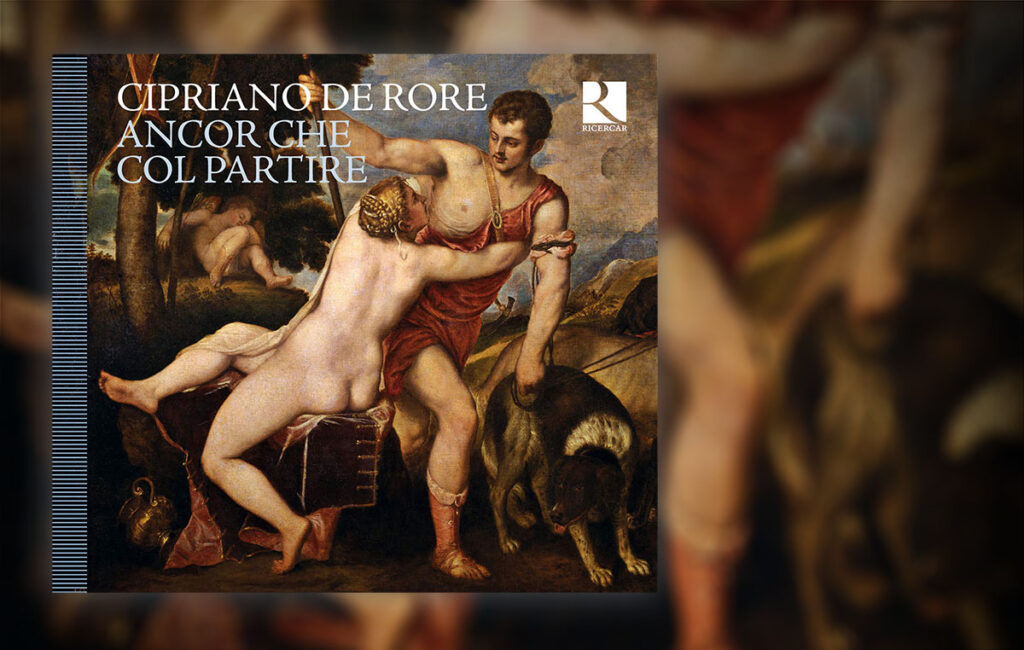


“This programme pays homage to the success of de Rore’s music in the decades after his death, but it also contains some very fine examples of the genre that most defined his work: the madrigal. In addition to the essential Ancor che col partire in its original version for four voices, there is also the delightful Io canterei d’amore, where the melody only allows for a single voice to be sung, while the others are entrusted to the instruments. The text is by Petrarch, a poet that Cipriano frequently turned to.”
Jérôme Lejeune
